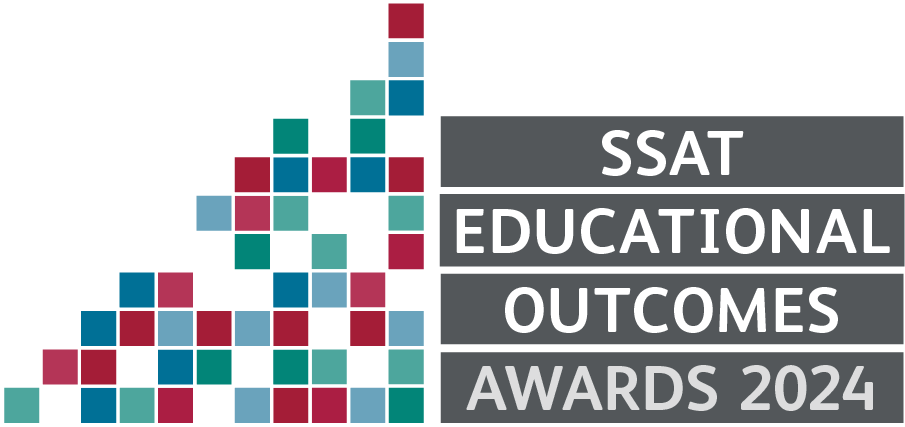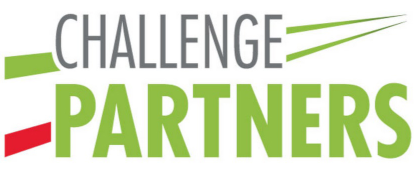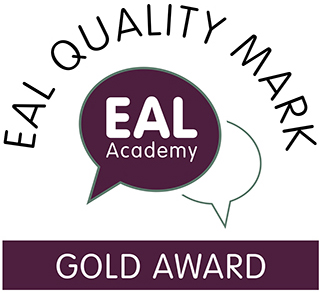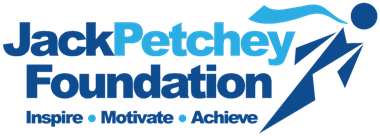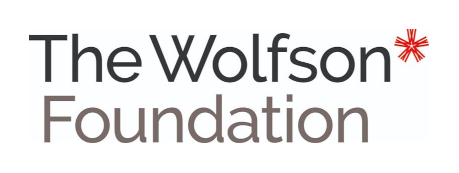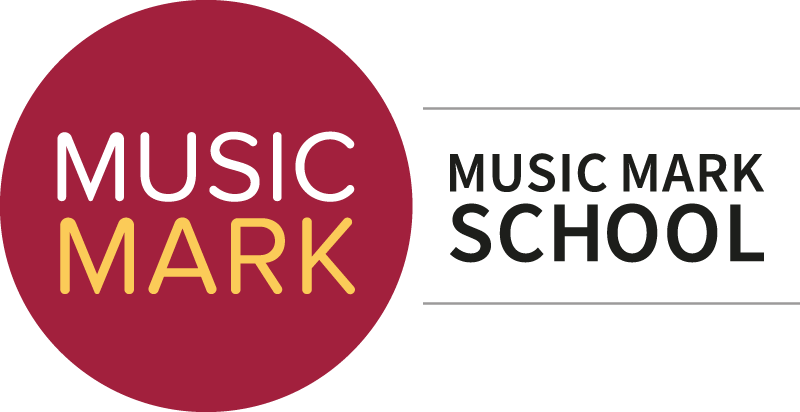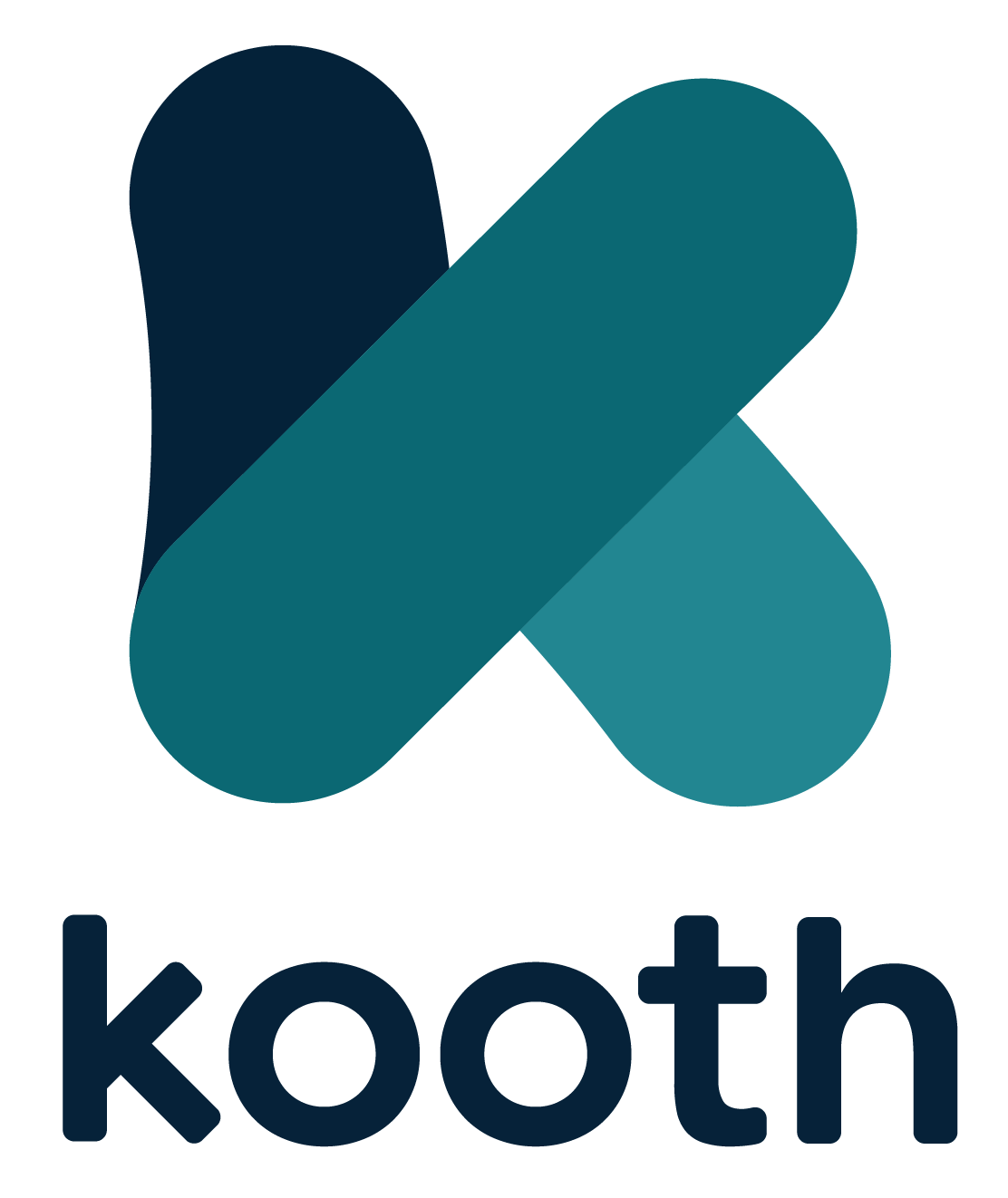Design and Technology
Why study Design and Technology?
The Design and Technology department at Barnhill School are committed to delivering a curriculum accessible to all which provides the broadest possible range of opportunities for students. One which will allow students to become self-motivated and confident learners, who can work independently and as part of a team. Using creativity and imagination, pupils design and make products that solve real and relevant problems, within a variety of contexts, considering their own and others’ needs, wants and values. We aim to ensure that learners develop technical and practical competencies as well as the wider skills valued by employers. Our main priority is for students to be problem solvers who are not afraid of making mistakes. We hope our students will become responsible citizens who make a positive contribution to society.
In all areas of Design and Technology the children are encouraged to consider the effectiveness of their designs and requirements of the product. Every child will have the opportunity to learn and extend their understanding, experience and application in the use of technology. Design and Technology develops children's skills and knowledge in design, structures, mechanisms, electrical control and a range of materials, including food. It encourages children's creativity and encourages them to think about important issues, and as outlined in the National Curriculum document, we follow a ‘Design, Make, Evaluate’ approach to the teaching and learning of DT. This challenge gives the children the opportunity to apply their skills and knowledge to a greater depth (mastery) level.
The department firmly believes that students learn best by ‘doing’ and by allowing them to experiment and take risks, in a safe and positive learning environment. This is achieved through imaginative teaching that embraces new technologies and resembles modern industrial processes, whilst retaining the best of traditional practices. At the heart of this, is the desire to deliver a curriculum in which students produce high quality outcomes. Students must learn about the social and ethical responsibilities of designers and engineers and the importance of managing finite resources with care.
Programme of Study
Product Design and Textiles – Year 7/8/9
- Research
- Health and safety rules.
- Design ideas and modifications
- Product analysis
- Making using various appropriate creative techniques
- Evaluation
- Packaging and environmental considerations.
Food Technology – Year 7/8/9
- Hygiene and safety in cooking and nutrition
- Use and safety of equipment
- Healthy eating and nutrition
- Food safety and contamination
- Food choices and Dietary needs
- Design brief and task analysis
- Cooking final dish
- Evaluation and adaptations
- Packaging and labelling
Useful Resources
https://www.foodafactoflife.org.uk/11-14-years/quizzes/
https://www.onlineexambuilder.com/the-eatwell-guide-quiz/exam-267293?PHPSESSID=new
https://www.youtube.com/results?search_query=textiles+ks3+natural+and+man+made+fabrics
https://www.theguardian.com/sustainable-business/sustainable-fashion-blog/nature-fabrics-fashion-industry-biomimicry
https://www.youtube.com/watch?v=ZedYK_qtMrs
https://www.youtube.com/watch?v=xvxqtc8thRg&t=32s
Homework
Homework will be set throughout the duration of the course. Homework will entail both practical and research based home learning. Homework tasks always relevant to the content taught in lesson.


